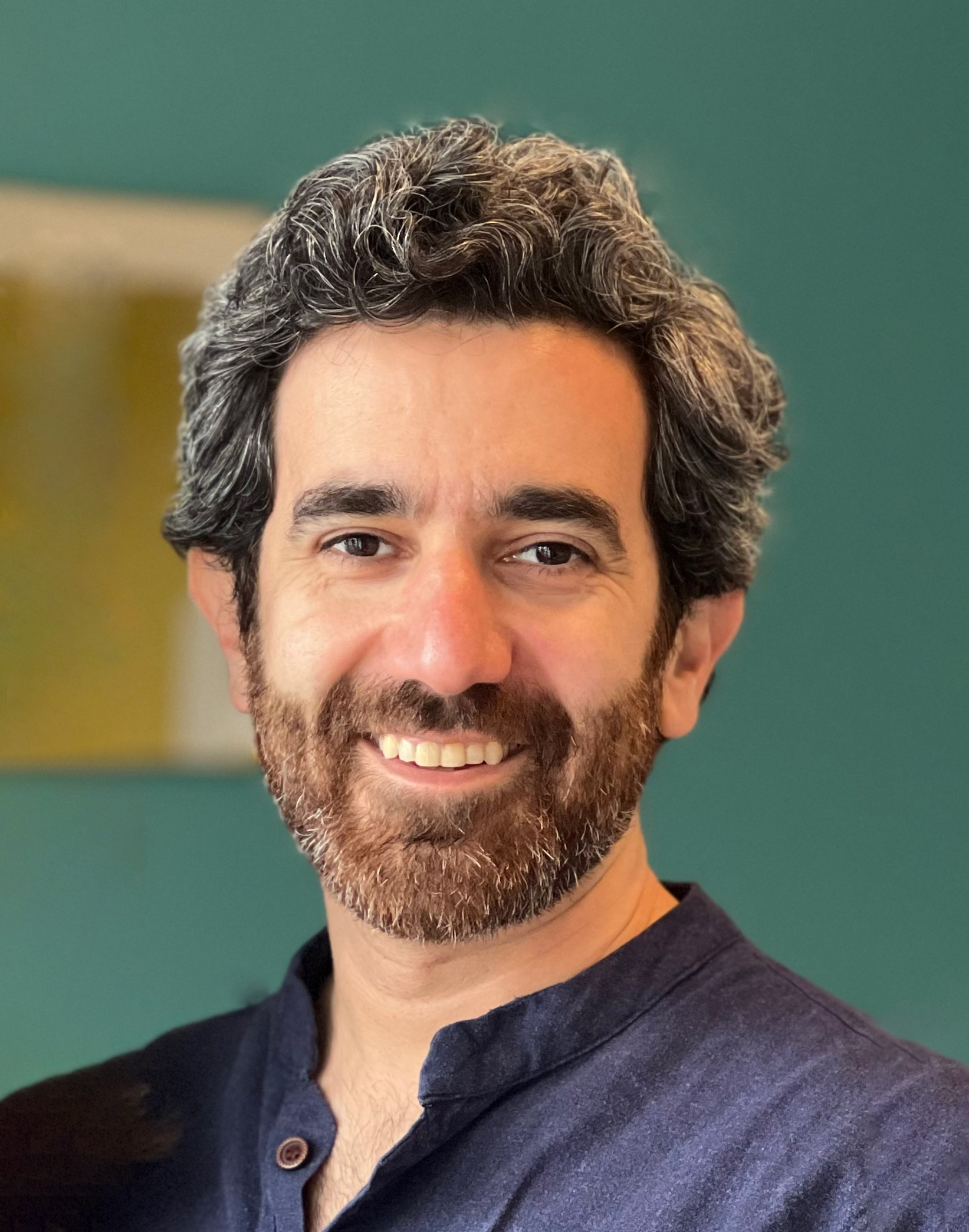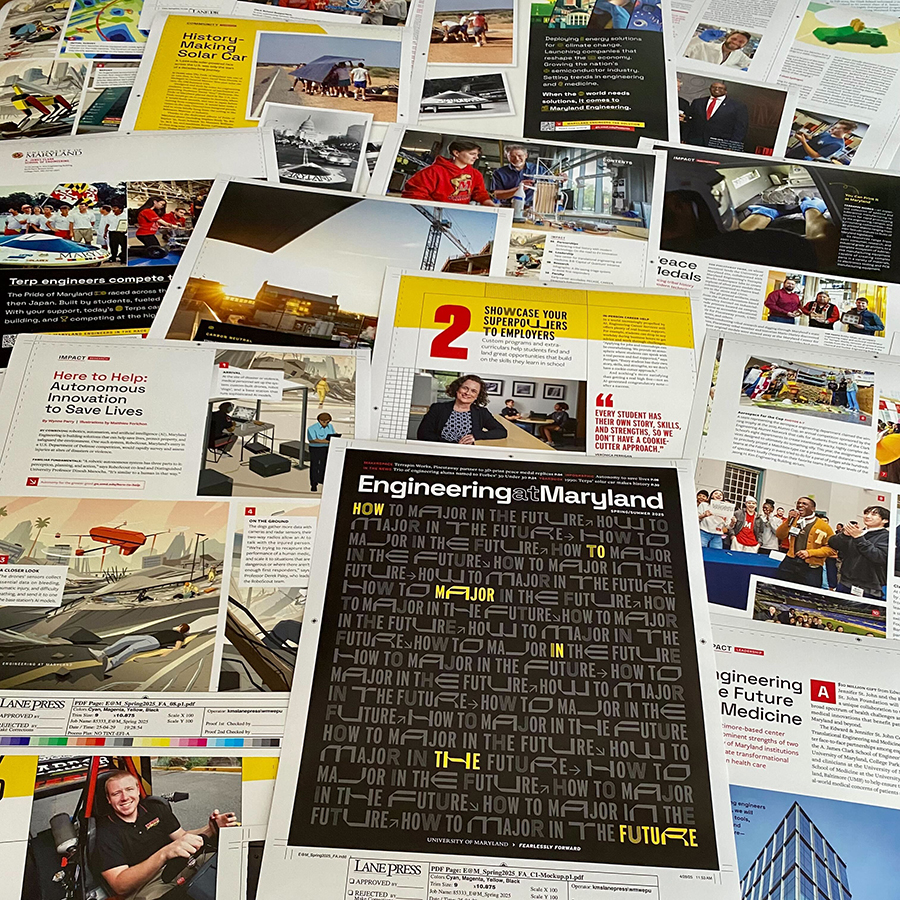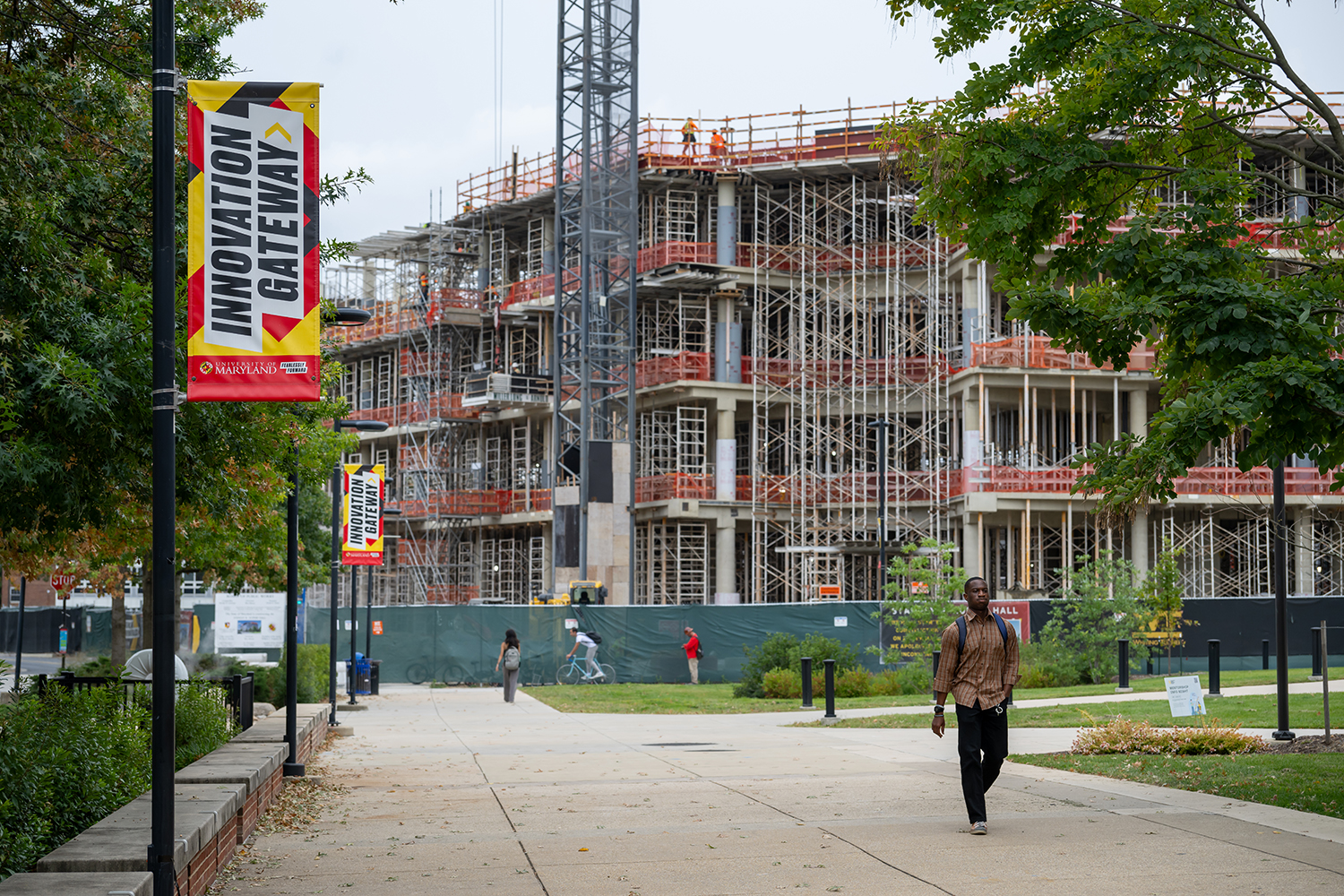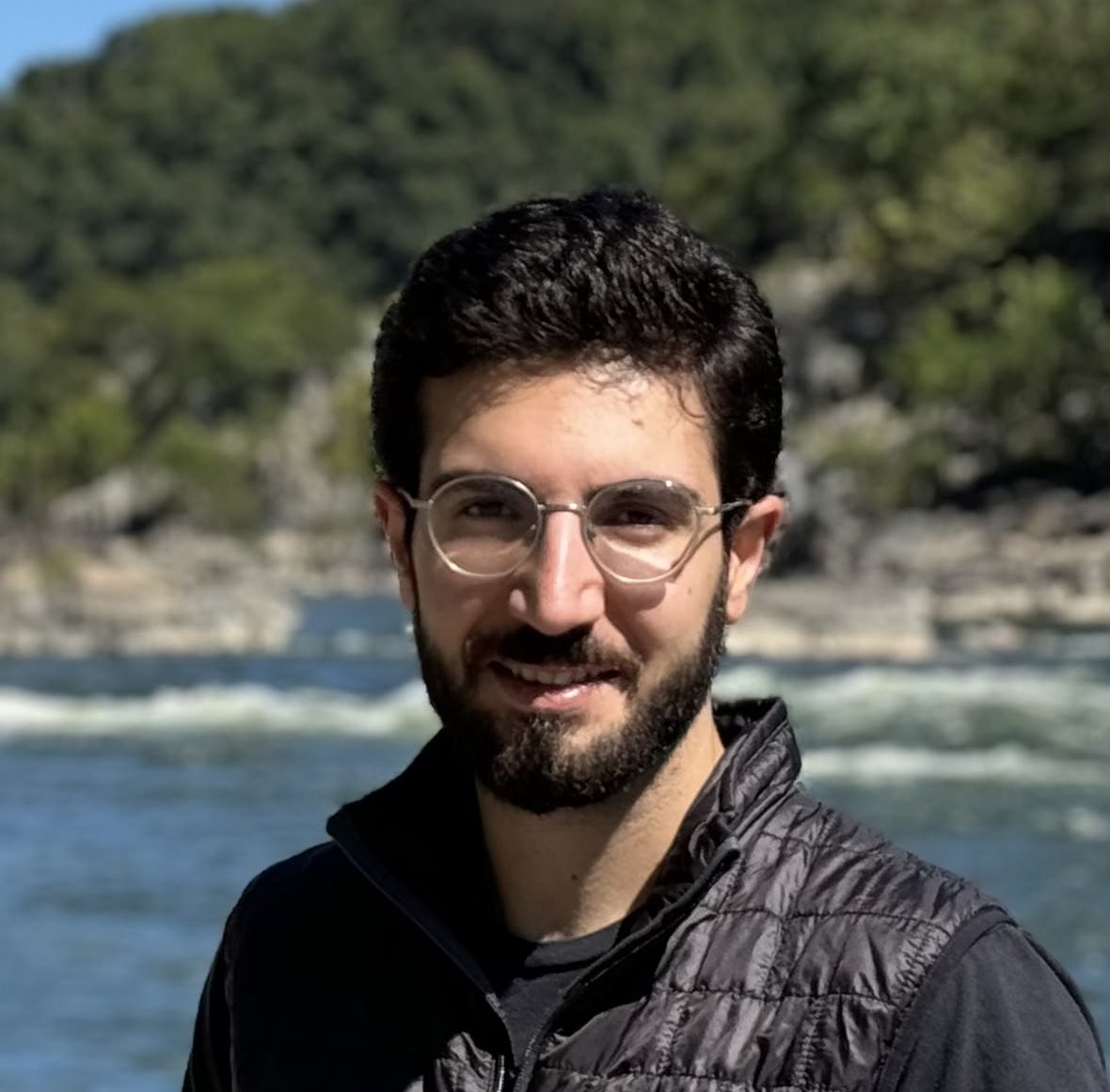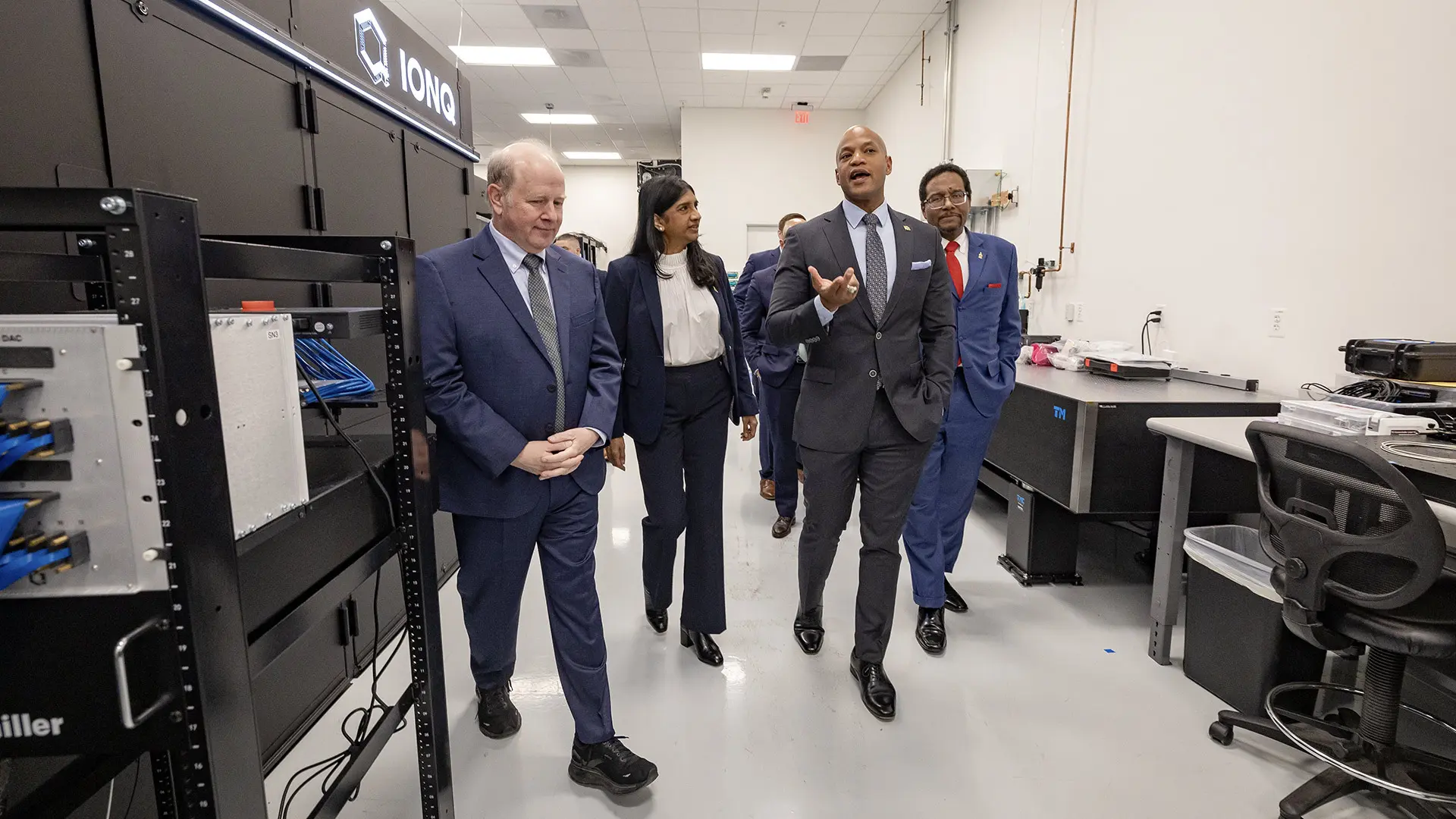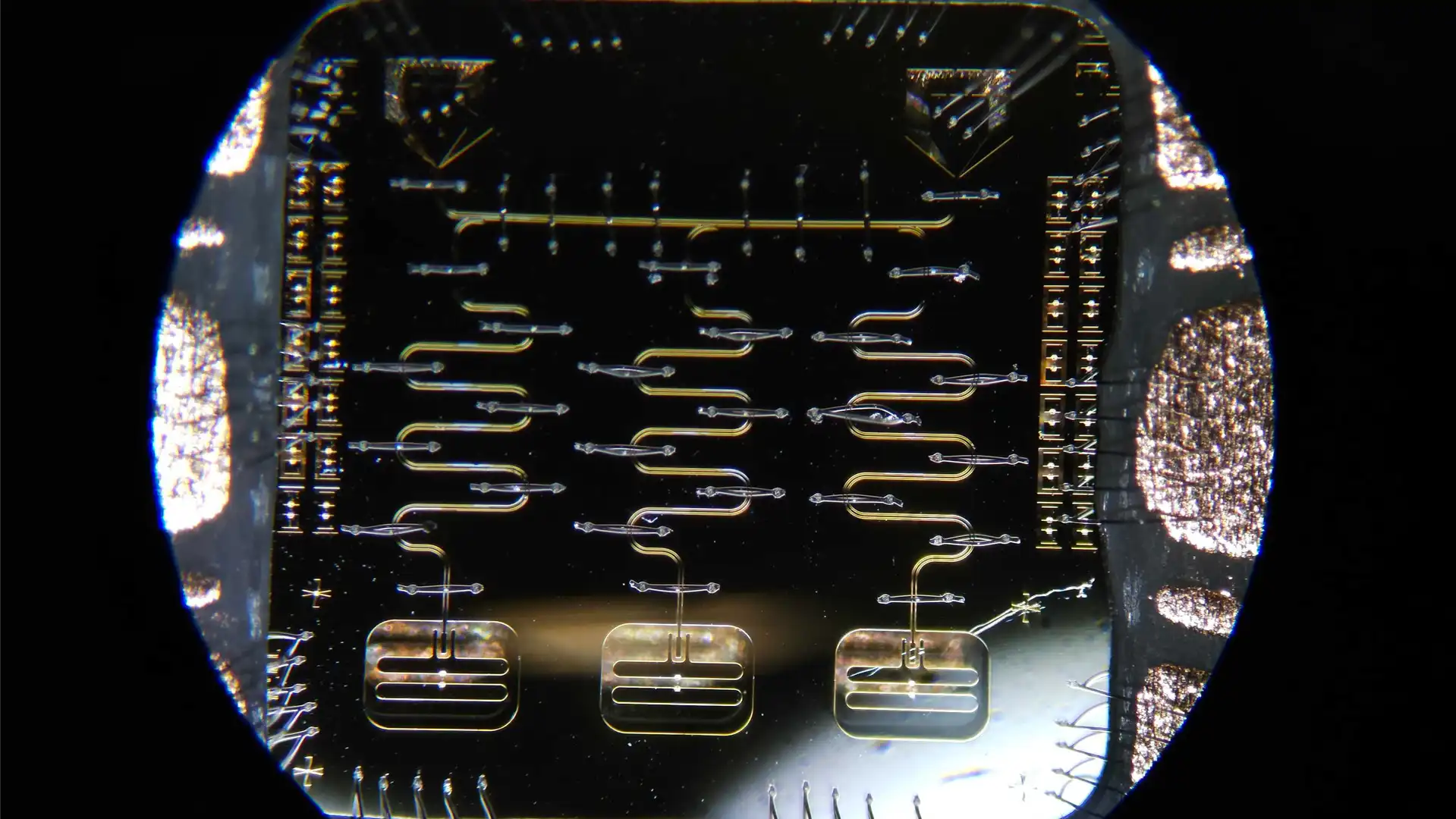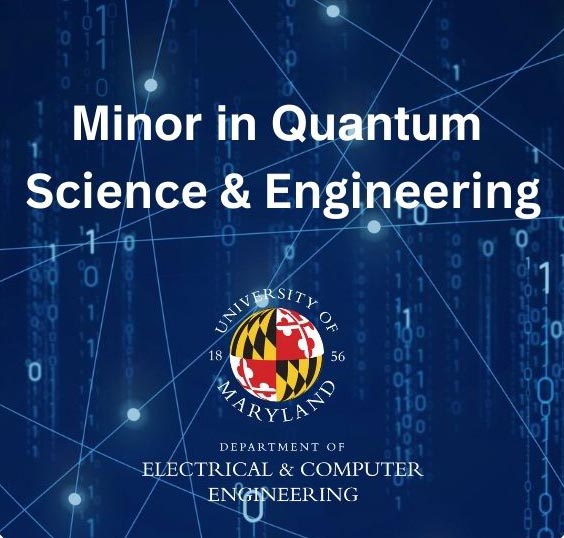News Story
Pines Heralds Growth of ‘Quantum for All’
Originally posted in Maryland Today
From individualized health care to impenetrable cybersecurity to early warnings of natural disasters, the innovative solutions to the world’s grand challenges will spring from an area of science and technology in which the University of Maryland is a regional and global leader, UMD President Darryll J. Pines declared in a speech Thursday at the second Quantum World Congress.
In committing the university to the path of “quantum for all,” Pines also pointed to UMD’s recent move to democratize the research itself: The university this month officially opened the National Quantum Lab at Maryland (QLab) in partnership with IonQ, a quantum computing firm headquartered in UMD’s Discovery District that was founded in part on tech developed in UMD physics labs.
“The QLab is a national user facility that will enable the global scientific community to take advantage of the cutting-edge hardware in College Park, through training, access and mentoring,” Pines told the audience at the UMD-co-sponsored conference in Tysons Corner, Va., where more than 800 researchers, business innovators, industry experts and legislators from around the world had gathered. “This facility has really opened the doors to the Capital of Quantum—now anybody can do quantum research.”
In his speech at the event last year, Pines outlined the concept of the “Capital of Quantum,” a mid-Atlantic grouping of universities, firms, government labs and other research institutions with a center at UMD. The university is home to one of the world’s most robust quantum research enterprises, with hundreds of faculty and staff researchers, a host of prominent research centers and foundational partnerships with federal agencies; the most important of these is with the National Institute of Standards and Technology, which joined UMD in founding the Joint Quantum Institute nearly two decades ago.
Now the university is laying the groundwork to formally link up this region and revolutionize the existing quantum industry by leading the development of the Mid-Atlantic Region Quantum Internet (MARQI) with other academic and business partners, including IonQ.
“There have already been very promising results. We have demonstrated the longest transmission of photons from a trapped ion along existing telecom fiber infrastructure—about 11 kilometers,” Pines said. “And this fall could produce even more exciting improvements as MARQI enters phase two and the nodes at IonQ and the Joint Quantum Institute get new ion traps and quantum modems.”
Pines also presented the work of the university’s Quantum Technology Center, led by Professor Ronald Walsworth, which is partnering with existing firms and spinning out new ones focused on quantum sensing, computing and simulation, communications and networking, materials and algorithms and more.
“Quantum will improve the lives of every person on earth because of the advances that are happening every day, on our campus and inside the Capital of Quantum, and at other universities and labs around the world,” he said.
Published September 29, 2023

